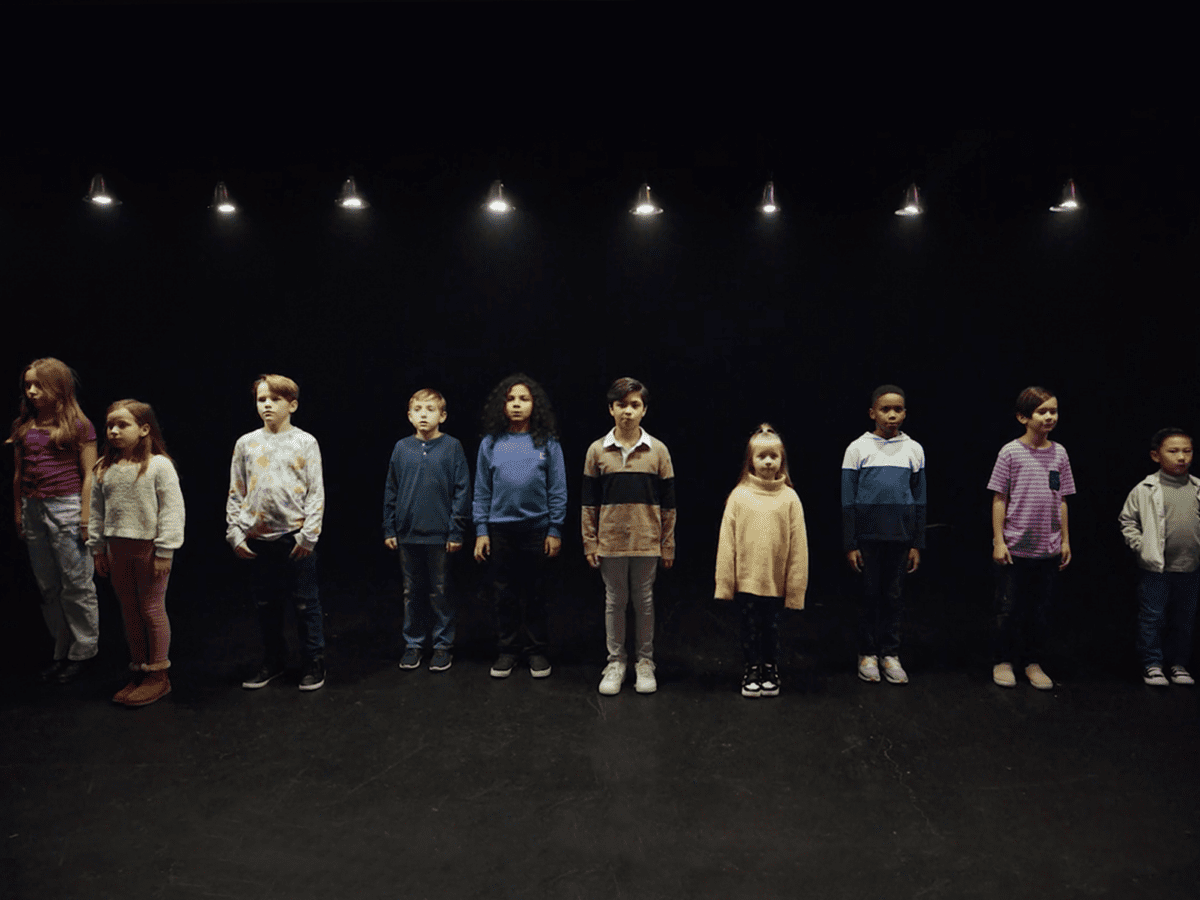By Stephanie Salvatore
Trends. Every generation has them: the pet rock, bellbottoms, mullets, grunge music, frosted tips, hipster beards, fidget spinners, athleisure, fanny packs, dad sneakers, TikTok dances. They come. They go. They come back (heaven help us). They have little lasting effect on society. But there are larger trends that creep up on us, slowly and incrementally changing society while we are busy learning how to floss, or dab, or whip-nae-nae. One day we look up and think “how did we get HERE?”
In light of these changing societal trends, we can’t continue doing ministry the way we always have. We must find new ways to teach the truths of the gospel in a way that will make sense to the children of today. Click To TweetThe last fifty years has seen a steady decline in the influence of church and faith on American society. In each generation, the number of people who identify as a Christian is decreasing. Millennials are the first generation in which fewer than half identify as Christian. If these numbers hold, by 2030, 70% of the next generation will not identify as Christian. Church membership has been falling steadily since the 1950s, with the pace of that decline accelerating in the last ten years. As society becomes more and more secular, here are four key trends that will impact your ministry to the next generation:
KIDS ARE LESS COMFORTABLE AT CHURCH: As fewer families attend church regularly; we can no longer automatically assume that kids feel comfortable in church or familiar with church programming. Kids are more likely to arrive feeling like an outsider, unfamiliar with our expectations and traditions. While older generations looked outward for sources of authority (parents, grandparents, school, government, religion), today’s society tells kids that all authority must come from within, and that external institutions (like the church) should be seen as suspicious, or even evil.
KIDS HAVE LESS BIBLE KNOWLEDGE AND SPIRITUAL FOUNDATION: It’s obvious that declining church attendance will result in decreasing Bible knowledge. But what might be less obvious is how the rise in secularism affects kids’ understanding of how the world works. When religion was central to American society, even non-Christians tended to believe in the existence of God, an afterlife, heaven and hell, moral law. Today’s secularized kids enter our ministries without agreement in those foundational beliefs.
THE SECULAR DEFINITION OF THE “MEANING OF LIFE” IS CHANGING: Society has moved away from the belief that the meaning of life is to be good or moral. Today’s society teaches kids that the meaning of life is to find personal freedom, and the most important use of that freedom is to define themselves. Anything that restricts freedom (and especially freedom to define the “self”) should be deconstructed or destroyed. Children, whose brains aren’t even developed yet, face not only intense pressure to define themselves, but the added pressure to defend the rights of others to define themselves in whatever way they choose.
MENTAL HEALTH PROBLEMS ON THE RISE: By every measure, younger generations are struggling with mental health issues at higher rates than ever before. Close to half of Gen Z say their level of depression is moderate to extreme and identify with ten out of eleven markers for loneliness. It is no surprise that growing up in a culture obsessed with “self” impacts mental health. Creating a definition of “self” is ultimately a performance. Kids who constantly face the pressure to act out the performance of the “self” they have invented feel lonely, depressed, and like they have nowhere to belong.
In light of these changing societal trends, we can’t continue doing ministry the way we always have. We must find new ways to teach the truths of the gospel in a way that will make sense to the children of today. We must be willing to disrupt traditional kids’ ministry for the sake of the next generation!
Stephanie Salvatore serves as the Creative Director for Lifeway Kids. Hailing originally from New York and Indiana, Stephanie now lives in Tennessee with her husband and two teenagers.


 Fun Friday: VBS Water Bottle Labels
Fun Friday: VBS Water Bottle Labels »
»